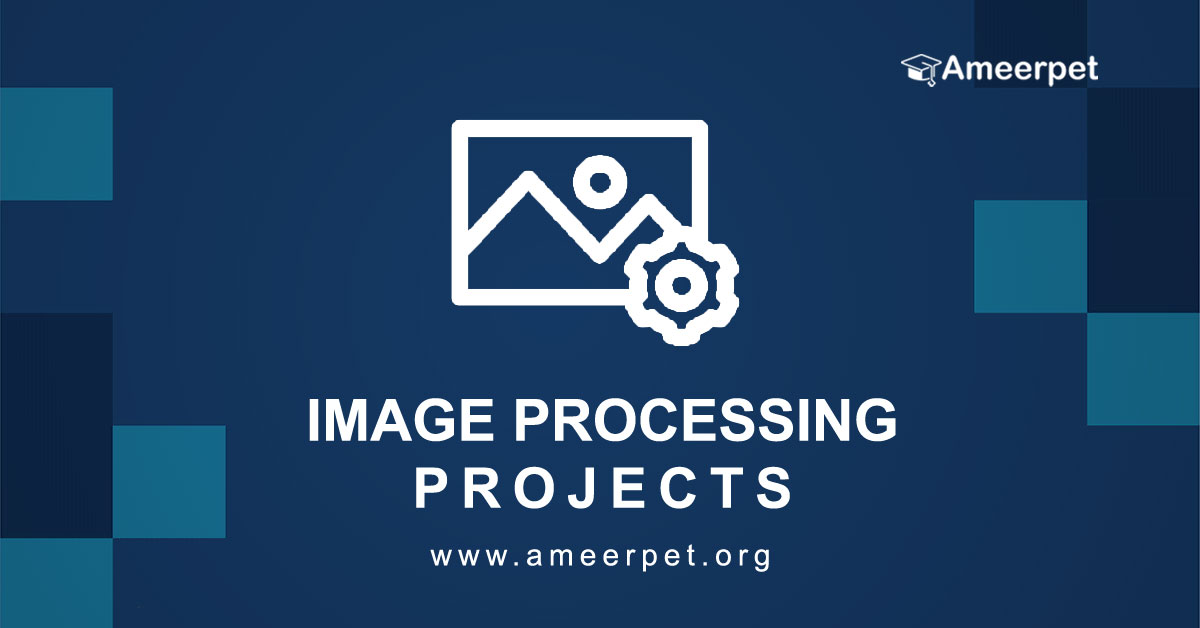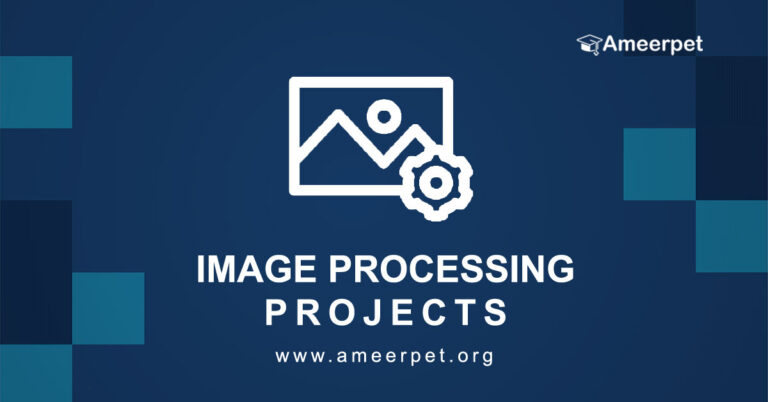
Abstract:
Traditional multi-view re-ranking methods compute similarity by asymmetrically matching the query image’s ROI to the target image’s ROI.
This practice degrades retrieval accuracy, especially when the image ROI, which is usually interpreted as image objectness, is smaller. In this paper, we leverage Privileged Information (PI), the image prior, to improve multi-view re-ranking accuracy by characterizing image objectness.
To generate latent subspaces with sufficient discriminating power, we propose a discriminative multi-view re-ranking approach that simultaneously integrates the original global image visual contents and local auxiliary PI features into a unified training framework.
Since the multi-view PI features are unavailable, we only project the original multi-view image representations onto the latent subspace and compute and sort the distances from the embeddings to the separating hyperplane for on-the-fly re-ranking.
Our method outperforms other multi-view image re-ranking methods in extensive experimental evaluations on the two public benchmarks Oxford5k and Paris6k.
Note: Please discuss with our team before submitting this abstract to the college. This Abstract or Synopsis varies based on student project requirements.
Did you like this final year project?
To download this project Code with thesis report and project training... Click Here
